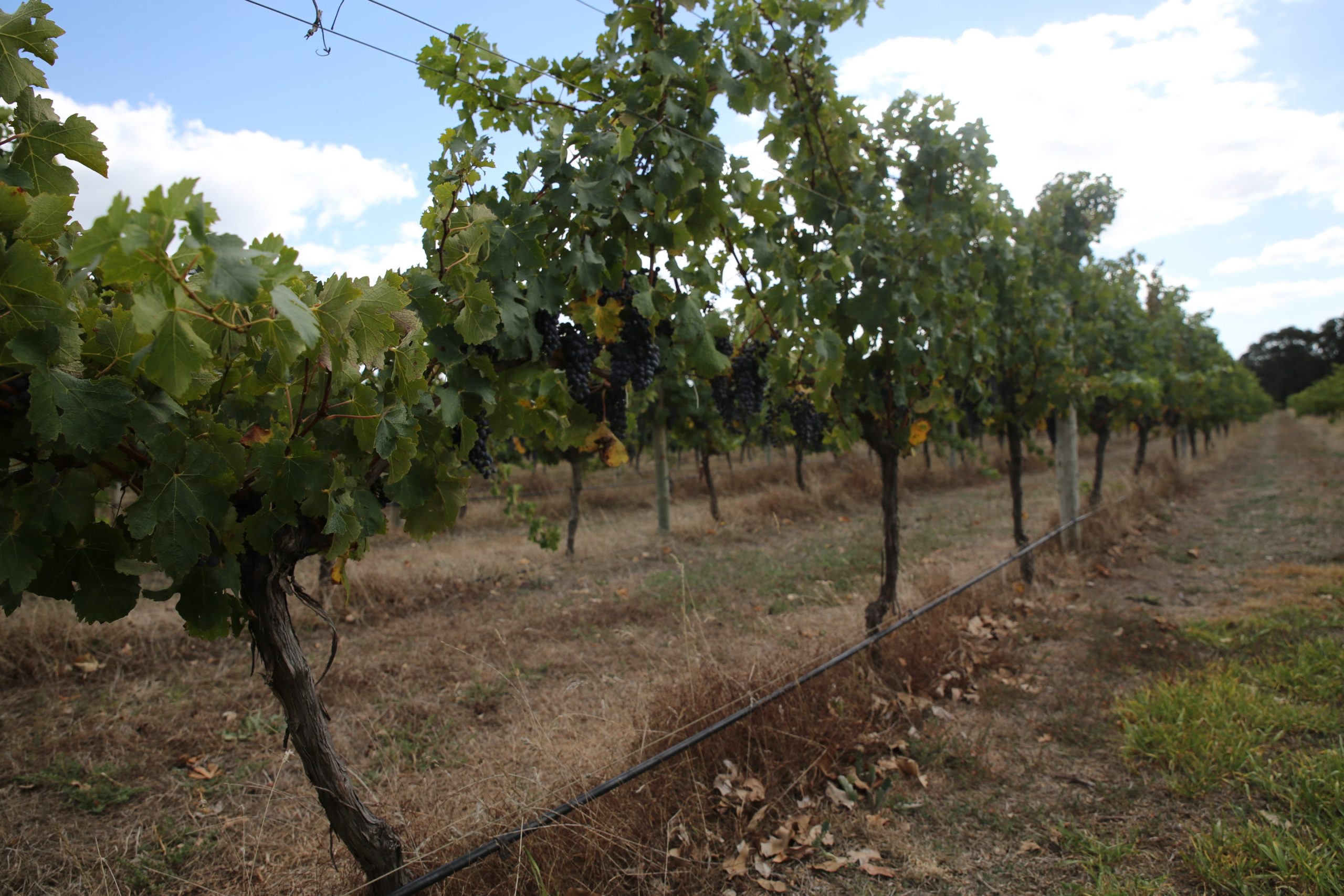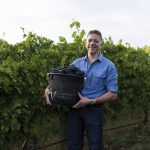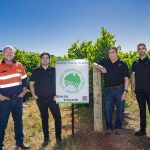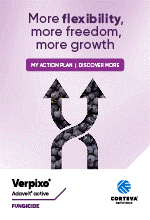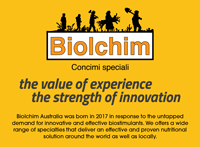Sustainable Winegrowing Australia – the national sustainability program for Australian grape and wine producers – has today released its latest Impact Report, illustrating to retailers and consumers what’s involved in making sustainable wine.
The report also highlights the increasing availability of wines that display the Sustainable Winegrowing Australia certified trust mark. This mark assures purchasers that the vineyard and winery have met sustainability practices, verified by an independent third-party audit.
As consumers increasingly factor the environment and planet into their purchase decisions, a recent study confirmed that more than half of regular wine drinkers around the globe say they only trust the sustainability of wines if they have an official certification1. A visible trust mark therefore provides confidence that the wine’s claims are validated and can help alleviate any concerns about greenwashing.
As of vintage 2023, the equivalent of 96.1 million bottles of Sustainable Winegrowing Australia certified wine has been produced2, with more significant growth on the horizon from vintage 2024.
The trust mark makes it easier for consumers and retailers to identify sustainably made wine, helping people to buy better.
Hill-Smith Family Estates Head of Sustainability Louisa Rose said, “Since vintage 2023, 100% of Hill-Smith Family Estates wines are now certified and progressively displaying the trust mark. Sustainable Winegrowing Australia certification has given us an advantage in both domestic and international markets. We are seeing more and more buyers seeking sustainable credentials when considering wines for new listings and tenders.
“While each market or customer is at a different part of the journey, many are moving rapidly in the direction of sustainable certification being a prerequisite to trade – it is easy to imagine a time when being certified sustainable is the norm for all customers, and that won’t be far away,” said Ms Rose.
Duxton Vineyards and Rewild Wine’s Chief Winemaker Tony Allen said, “When we launched Rewild wine a few years ago, we worked closely with a major Australian wine retailer who wanted to build more certified sustainable wine brands into their portfolio.
“With our focus on sustainability across every aspect of the process from grapegrowing and winemaking, through to packaging, we built the Rewild brand, with an ethos of giving back more than it takes from mother nature. The Sustainable Winegrowing Australia trust mark makes it easier for wine drinkers to choose a product that prioritises the environment and people,” said Allen.
The latest Impact data focuses on the efforts of certified grape and wine producers and the progress they’ve made over the past three years, since the first year of reporting.
The latest Impact data focuses on the efforts of certified grape and wine producers and the progress they’ve made over the past three years, since the first year of reporting.
The Australian Wine Research Institute’s General Manager Industry Development and Support Dr Mardi Longbottom said, “Despite challenging conditions facing the Australian wine industry, we’ve seen a really positive wave of progress within the sustainable winegrowing community, with many producers becoming certified for the first time.
“In addition to members saying, ‘it’s the right thing to do’, momentum has been building due to retailers and hospitality venues globally asking for sustainability credentials or building select ranges or wine lists around sustainability.
“It’s encouraging to see, and that’s why we believe from industry to the end purchaser, together we can do better and make a real impact for people and the planet.”
The latest Sustainable Winegrowing Australia Impact data highlights, the efforts of certified members who are doing more and achieving best practices in:
- reducing waste production, and applying recycling and reuse measures
- implementing more energy efficient measures, and using alternative sources
- prioritising how water is used and conserved through proactive planning and management
- protecting and enhancing biodiversity in and around their property and benefiting the local community
- improving land and soil health by sequestering carbon, helping to reduce emissions, and focusing on people and business, their staff and giving back to their local and regional communities.
To find out more about the progress certified members are making visit the Sustainable Winegrowing Australia Impact Hub.
Sustainable Winegrowing Australia is governed by the Australian Wine Research Institute, Australian Grape & Wine and Wine Australia.
1 IWSR Drinks Market Analysis, “SOLA Report”, February 2024
2 Certified Member data, since Vintage 2020, from 30 June 2020 to December 2023
Are you a Daily Wine News subscriber? If not, click here to join our mailing list. It’s free!

